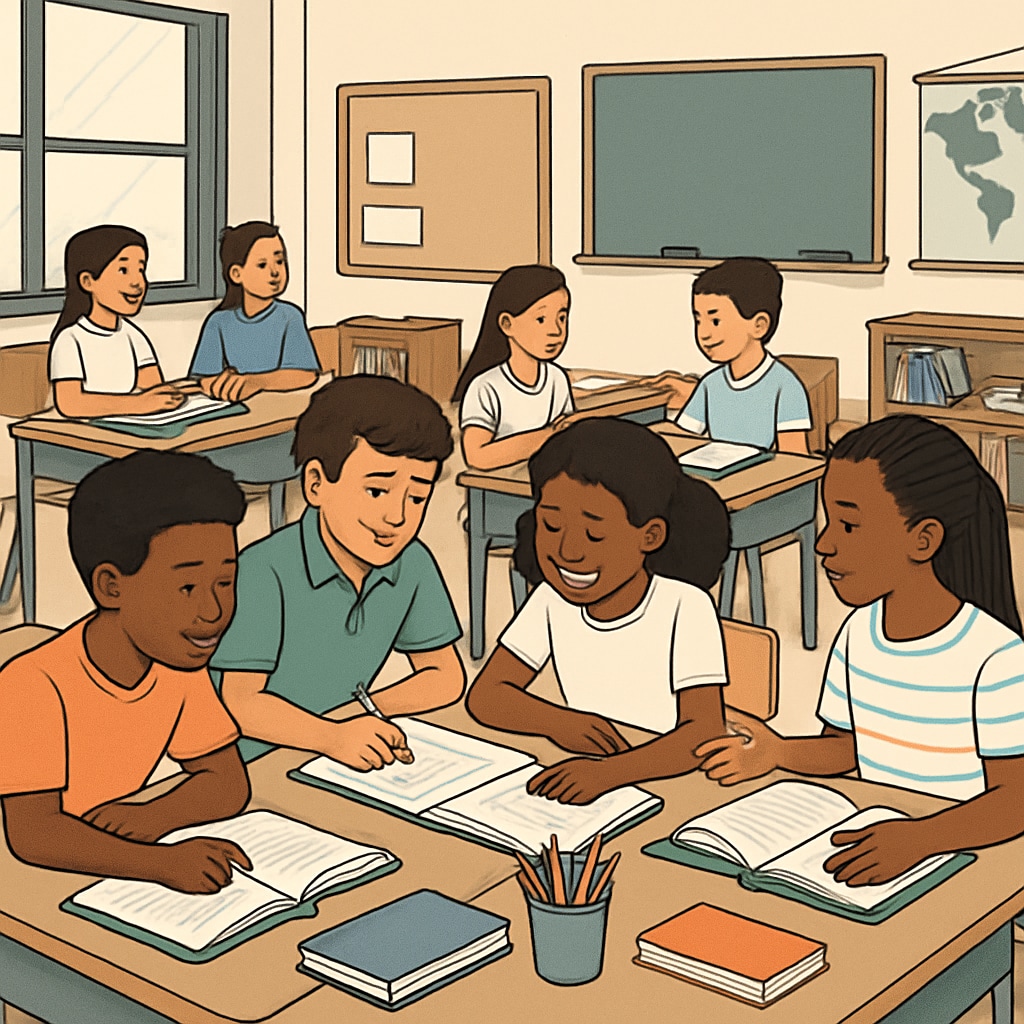The “genius label,” often seen as a mark of distinction in K12 education systems, carries hidden psychological consequences for students. While it may seem flattering at first glance, this label can unintentionally harm both the students who receive it and those who are overlooked. By fostering unrealistic social expectations and limiting growth-focused educational approaches, the genius label can create emotional and developmental challenges that are often ignored.
The Dual Psychological Burden of the Genius Label
For labeled students, being recognized as “genius” can impose a significant psychological burden. They may face pressure to continually meet unrealistic expectations, often fearing failure and internalizing a fixed mindset. For example, a student praised for their intelligence might avoid challenges that risk undermining their perceived abilities. This can hinder their long-term growth and resilience.
On the other hand, students who are not labeled as “genius” may experience feelings of inadequacy or exclusion. They might assume that academic achievement is tied to innate talent rather than effort, discouraging them from pursuing challenging tasks. As a result, the genius label can inadvertently reinforce divisive hierarchies within the classroom.

Social Expectations and Educational Limitations
Social expectations play a pivotal role in amplifying the negative effects of the genius label. Parents, teachers, and peers often hold labeled students to impossibly high standards, equating their worth with their performance. This dynamic can lead to significant stress and anxiety, while stifling creativity and exploration. Moreover, the genius label can overshadow the importance of effort, grit, and curiosity—qualities essential for holistic development.
Educational systems that cater to the genius label often focus on individual achievements rather than collaborative learning environments. This can limit opportunities for all students, as it perpetuates the idea that only a select few are capable of exceptional accomplishments. A more inclusive approach would prioritize growth and effort over innate ability.

Fostering an Inclusive Growth-Oriented Education
To counteract the negative effects of the genius label, schools must adopt strategies that emphasize inclusivity and growth. Here are some key recommendations:
- Encourage a growth mindset by praising effort, persistence, and improvement rather than innate ability.
- Create collaborative learning environments that value teamwork and mutual support.
- Provide equal opportunities for all students to engage in challenging tasks and explore their potential.
- Educate parents and teachers about the psychological impacts of labeling and the importance of balanced expectations.
By focusing on these strategies, educators can help all students thrive without the restrictive constraints of labels.
Conclusion: While the genius label may appear beneficial, its psychological costs are too significant to ignore. Both labeled students and their peers suffer under the weight of unrealistic expectations and exclusionary practices. By shifting toward a more inclusive and growth-oriented education system, we can create environments where every student feels valued and empowered to succeed.
Readability guidance: This article uses short paragraphs, clear transitions, and structured lists to ensure accessibility. Active voice is prioritized, and long sentences are minimized to enhance comprehension.


